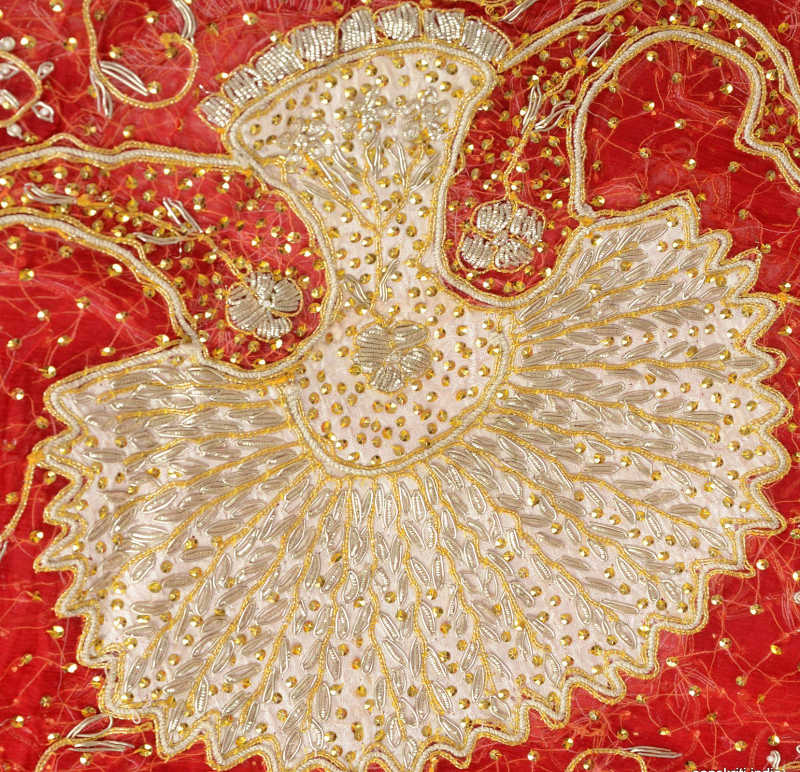===
0977,
5
===

=== |
 |
;zab;h : 'Slaughtering, cutting the throat of, slaying, sacrificing'. (Platts p.577)
saan'naa : 'To knead, mash, mix up (as flour, dough, earth, &c.); to rub, smear, stain, soil, defile; to implicate'. (Platts p.630)
imtiyaaz : 'Separation, distinction, discrimination ... ; discernment, judgment, discretion'. (Platts p.81)
FWP:
SETS
MOTIFS == GRANDIOSITY
NAMES
TERMS == THEMELooking at the verses adduced here and in {226,6}, it occurs to me that this horror of being 'mixed in' with others seems to be a deep, particular Mirian feeling. In fact it might be taken as comparable to Ghalib's extreme insistence on independence, on never borrowing or taking anything from others. For discussion and many examples, see
G{9,1}.